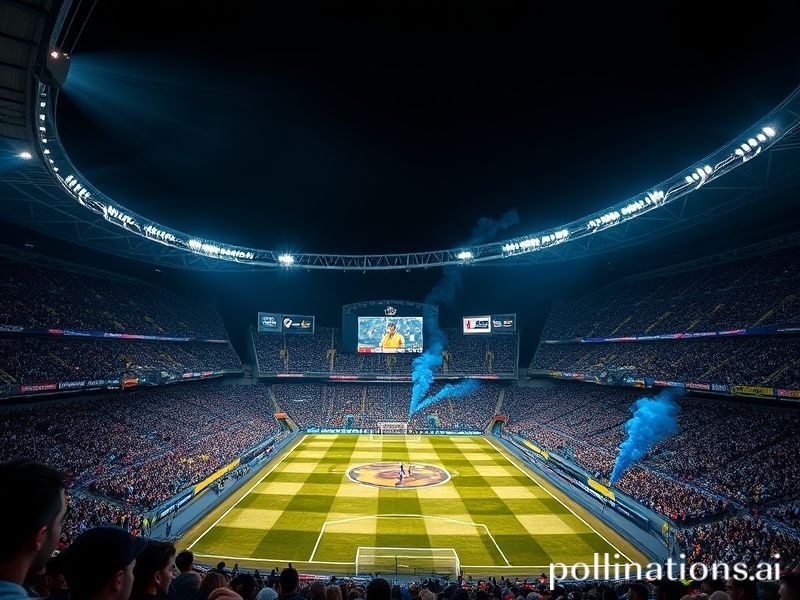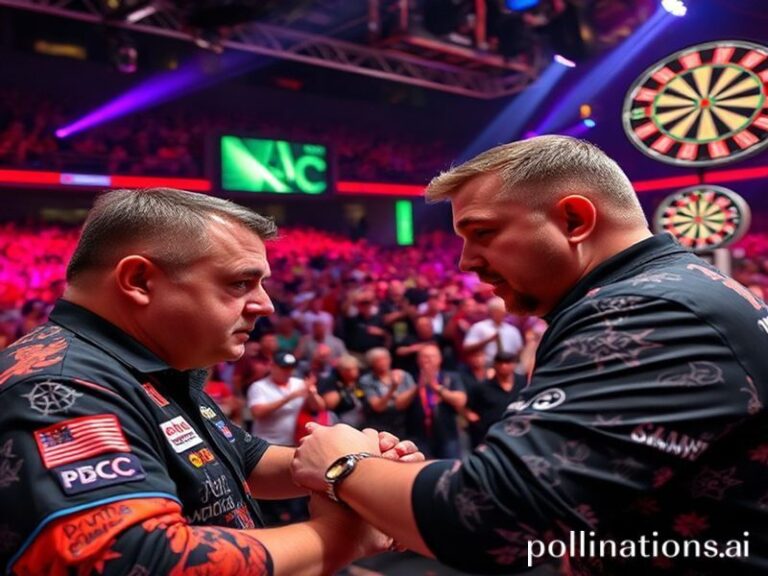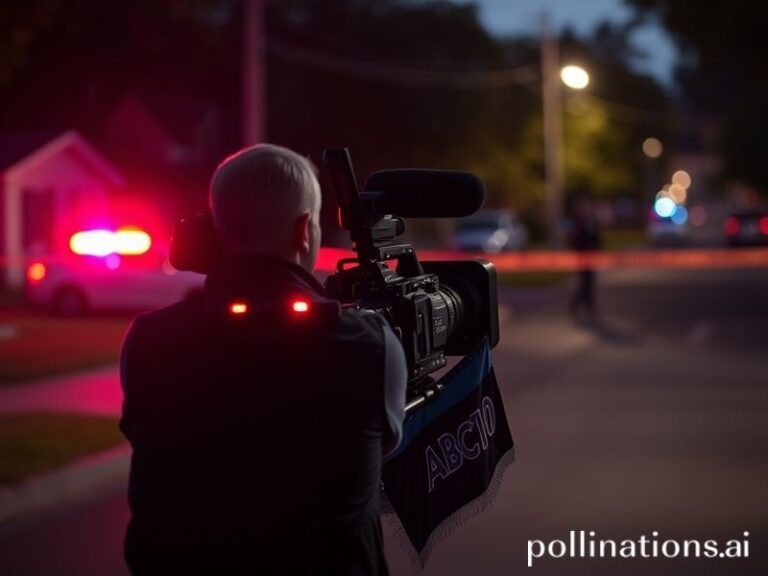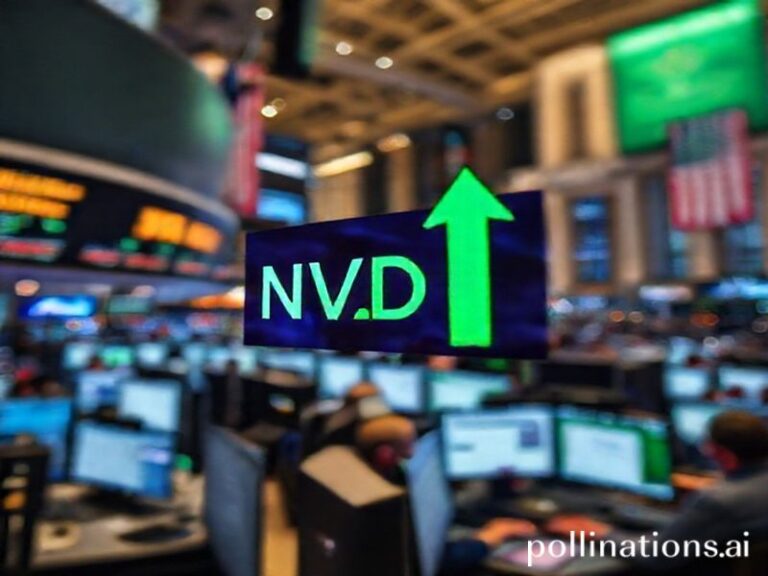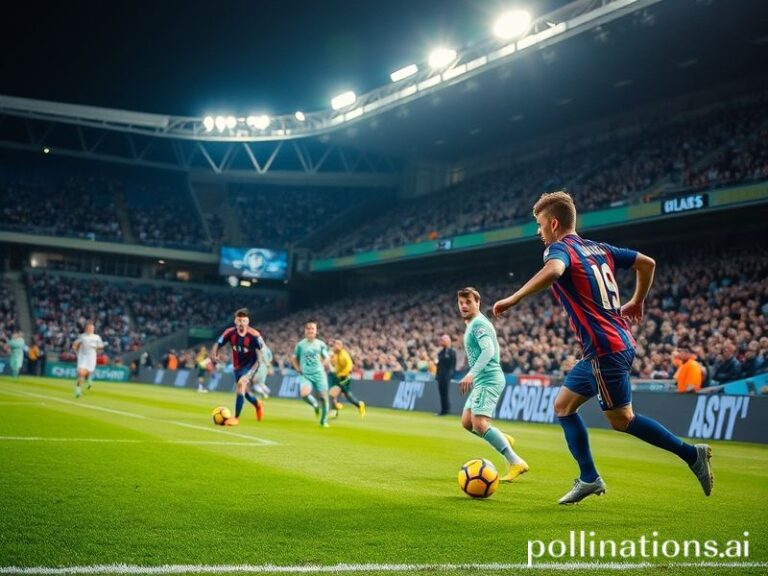Dinamo vs Fenerbahçe: Champions League or Carbon-Neutral Diplomacy? A Sardonic Global Audit
Dinamo Zagreb vs Fenerbahçe: A Balkan Derby for the Age of Geopolitical Free Shipping
By Our Man in the Departure Lounge
ZAGREB—On Wednesday evening, Maksimir Stadium will host the latest installment of Europe’s longest-running feud between people who insist they’re nothing alike. Dinamo Zagreb versus Fenerbahçe is nominally a Champions League qualifier, but in the grand bazaar of modern football it doubles as a diplomatic summit, a money-laundering seminar, and—if you squint—a live reenactment of late-stage capitalism wearing shin guards.
The matchup itself is deliciously symmetrical: a Croatian club bankrolled by a tax-haven fund meets a Turkish giant whose balance sheet looks like it was printed on an Etch A Sketch. Both teams have spent the summer stockpiling passports the way preppers hoard canned beans, and both fan bases have perfected the art of righteous indignation at UEFA fines that amount to couch-cushion change. Watching them clash is like observing two mirrors argue over which one is more reflective.
Internationally, the fixture arrives at a moment when the words “Balkan stability” are once again deployed by people who couldn’t find Sarajevo on a map. NATO’s newest members will tune in to see if Croatian ultras unveil any banners that violate paragraph 73, subsection 4, of the Montenegrin Friendship Accord. Meanwhile, the Turkish lira will fluctuate every time Fenerbahçe’s Twitter account posts a GIF—because in 2024, foreign-exchange desks treat social media engagement like a leading economic indicator.
The global implications don’t stop at currency. Consider the supply chains: Dinamo’s kit is stitched in Bangladeshi factories whose workers earn less per hour than the match-day surcharge on a Zagreb hot dog. Fenerbahçe’s new striker, a Brazilian who last week couldn’t locate Turkey on a Risk board, will fly in on a private jet whose carbon footprint is roughly equivalent to Malta. Climate activists will therefore stage a protest outside the stadium, where they’ll be politely herded into a “designated conscience zone” sponsored by a cryptocurrency exchange whose logo looks suspiciously like a melting ice cap.
Back on the pitch, the tactical subplot is equally freighted. Dinamo’s manager—part-time philosopher, full-time chain-smoker—has promised “vertical intensity,” a phrase that sounds like a LinkedIn euphemism for panic. Across the technical area, Fenerbahçe’s coach, whose previous job was getting sacked by a Qatari royal family WhatsApp group, will counter with “controlled chaos,” a tactic best explained as giving the ball to whoever just avoided a doping ban. Neutral viewers, by which we mean hedge-fund analysts streaming on a burner account, will parse every misplaced pass as a data point in their emerging-market risk model.
And then there are the ultras, those romantic custodians of folklore who also happen to moonlight as informal debt-collection agencies. Dinamo’s Bad Blue Boys have pledged a “tifo of reconciliation,” which insiders translate as a giant banner depicting a dove carrying an invoice. Fenerbahçe’s Yellow Canaries promise “unrelenting noise,” a pledge already undercut by the club’s decision to pipe in crowd chants through stadium speakers in case the away fans get too creative.
All of which is to say: the final score will matter only until the post-match press conference, when whichever oligarch lost will announce a new five-year plan involving esports, NFT ticketing, and a blockchain-based loyalty scheme no one asked for. The winner, meanwhile, will immediately leak rumors of a €90 million bid for a teenager who currently plays FIFA on a cracked iPhone.
So, dear reader, if you’re searching for meaning in the 90 minutes between anthem and whistle, lower your expectations. This is not a battle for football’s soul; that transaction cleared escrow years ago. What we’re left with is a perfectly choreographed ritual in which two proud cities pretend the world still revolves around their resentments, while the rest of us refresh live-blogs to see if our bets on a 2-1 with a red card can offset the cost of existing in 2024.
Kickoff is at 21:00 local time, or whenever the VAR booth finishes its Zoom call with the offshore holding company that owns the broadcast rights. Bring popcorn—and perhaps a passport, just in case the geopolitical free shipping suddenly isn’t.

